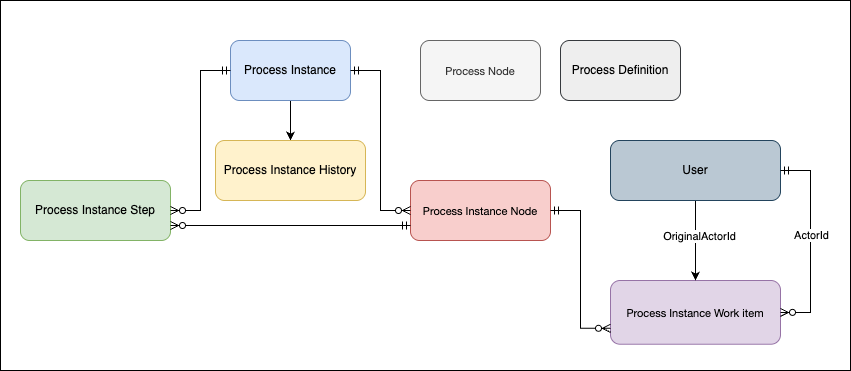Salesforce CRM Is It Worth the Investment Cost vs. Benefits
Understanding the Costs
1. Licensing Costs
Salesforce offers a range of licensing options, each with its own set of features and pricing. The costs can vary significantly depending on the scale and needs of your business. While Salesforce offers a scalable approach, it's crucial to assess which licensing tier aligns with your requirements and budget.
2. Implementation and Customization
Beyond licensing, there are costs associated with implementing Salesforce. This includes setup, data migration, and customization. These expenses can add up, so it's important to plan your implementation carefully.
3. Training and Support
Properly training your team to use Salesforce is essential for maximizing the benefits of the platform. This will also incur costs, especially if you need to hire trainers or provide off-site training.
Exploring the Benefits
1. Improved Customer Relationships
Salesforce CRM is designed to help businesses build and nurture customer relationships. It provides a centralized hub for customer data, making it easier to personalize interactions, provide better customer service, and ultimately, increase customer loyalty.
2. Increased Efficiency
The platform's automation and workflow tools streamline various business processes. This can result in increased efficiency, reduced manual work, and time savings for your team.
3. Data-Driven Decision Making
Salesforce offers robust reporting and analytics capabilities. With real-time insights into your business operations, you can make informed decisions, track performance, and identify areas for improvement.
4. Scalability
As your business grows, Salesforce can scale with you. You won't need to migrate to a different CRM, saving you the hassle of transitioning to a new system and the associated costs.
The Verdict
So, is Salesforce CRM worth the investment? The answer largely depends on your business's unique needs, budget, and long-term goals. While the initial costs may seem steep, the benefits can far outweigh them, leading to increased revenue and a stronger customer base.
Before making a decision, consider conducting a thorough cost-benefit analysis. Assess how Salesforce aligns with your business objectives and whether the potential for improved customer relationships, increased efficiency, data-driven decision making, and scalability is worth the investment.
In conclusion, Salesforce CRM can be a valuable asset for businesses seeking to enhance their customer relationships and streamline operations. When carefully planned and implemented, the benefits can justify the costs, making it a worthy investment for many organizations.
Remember, the key to success with Salesforce lies in a clear understanding of your unique business needs and the strategic use of this powerful CRM platform.
If you have any questions or need assistance with Salesforce implementation, feel free to contact us for expert guidance.




Comments
Post a Comment